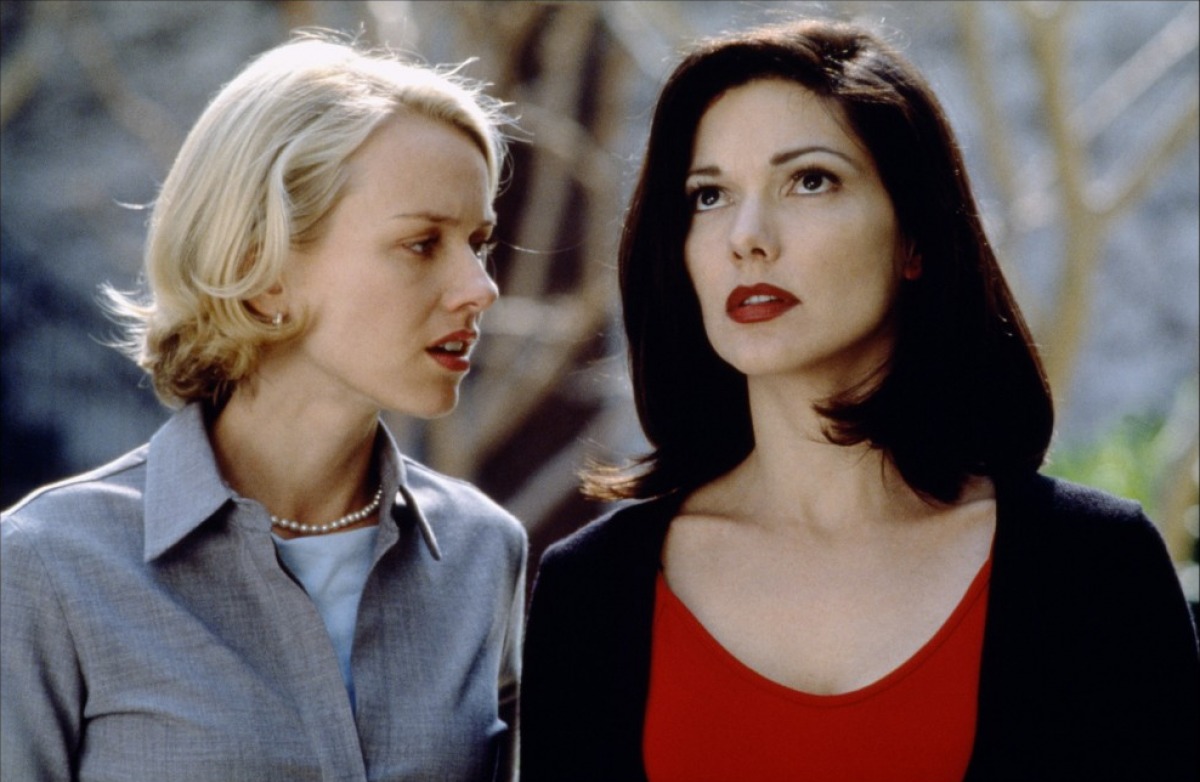
Before special effects and editing, set design and directorial decision, comes the conceptual foundation of a film, the screenplay. Screenplays create the world in which the film lives, whether it may be Greenwich Village in the 60’s or the fictional country of Zubrowka.
Screenwriters are an often overlooked part of the filmmaking process. However, there are some screenwriters who have been able to gain notoriety within the industry doing so such as Charlie Kaufman and Aaron Sorkin.
20. Birdman or (The Unexpected Virtue of Ignorance) (2014)
Written by Alejandro G. Iñárritu, Nicolás Giacobone, Alexander Dinelaris, and Armando Bo
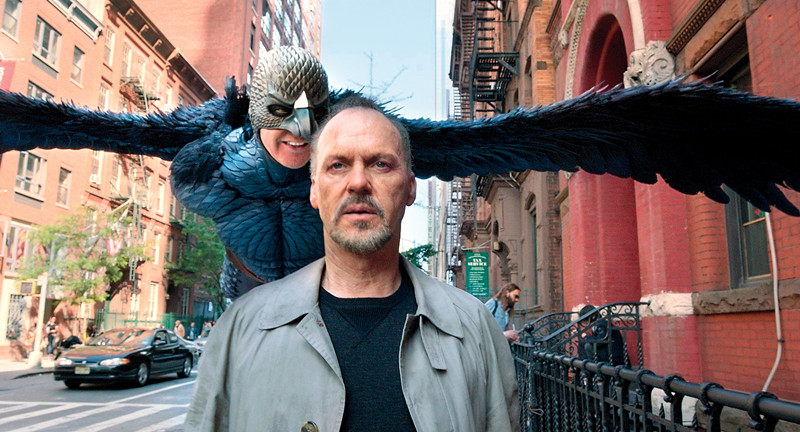
What it’s about: Birdman or (The Unexpected Virtue of Ignorance) follows Riggan Thomson, a formerly famous actor well known for playing the superhero Birdman, as he tries to become relevant again through adapting Raymond Carver’s What We Talk About When We Talk About Love for the Broadway stage.
What makes it great: As Riggan falls further into this play it becomes more evident that he is incapable of distinguishing the difference between love and admiration.
This is initiated by the quote that appears at the beginning of the film of an interview with Carver who is asked what he wanted in life as Carver replies with “To call myself beloved, to feel myself beloved on the earth.” This is shown several times throughout the film perhaps most evidently in the scene in which Riggan, while talking to his ex-wife, brings up that Farrah Fawcett and Michael Jackson died the same day.
Another element that really adds to the screenplay is the magical realism that occurs from the beginning with Riggan levitating in the air in his underwear and is shown throughout the film as he throws things using telekinesis and flies through New York. The magical realism brings attention to the internal conflict within Riggan as he struggles through his attempt to become relevant again.
19. Spirited Away (2001)
Written by Hayao Miyazaki
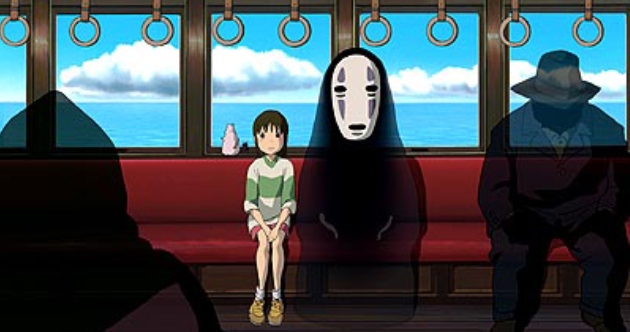
What it’s about: Spirited Away follows Chihiro, a ten year old girl whose family is in the process of moving. After getting lost, her family ends up at an abandoned amusement park as her parents are turned into pigs. It’s revealed that the place is a town for spirits in which there is a bathhouse. Chihiro then works for Yubaba as she tries to get her parents back.
What makes it great: On one level, the beautiful world that Miyazaki creates. On another level, the much less beautiful world that Miyazaki shows. Spirited Away portrays the sex industry in Japan during the time bathhouses were around. Through subtle metaphor, the film tells the story of Chihiro’s innocence.
18. The Grand Budapest Hotel (2014)
Written by Wes Anderson
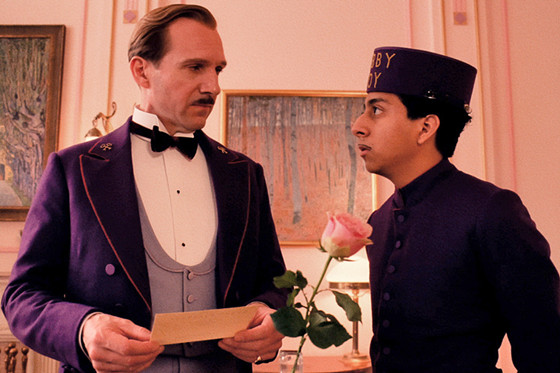
What it’s about: The Grand Budapest Hotel is perhaps Wes Anderson’s most straightforward attempt at comedy as the film features Gustave, the posh hotel manager, and Zero, the hotel’s new lobby boy, as they try to outrun the law and clear their name from the death of Madame D, one of Gustave’s wealthy lovers, who upon her death has left him the priceless painting Boy with Apple.
What makes it so great: As stated earlier, this may be the director’s most straightforward attempt at comedy and is quite successful in doing so. It’s also one of the more simple screenplays on this list but it’s no less great. The screenplay creates the most posh and elegant world that a Wes Anderson film should take place in while creating humor from the contradiction and juxtaposition of the world itself and the characters and events that take place within it.
17. A Separation (2011)
Written by Asghar Farhadi
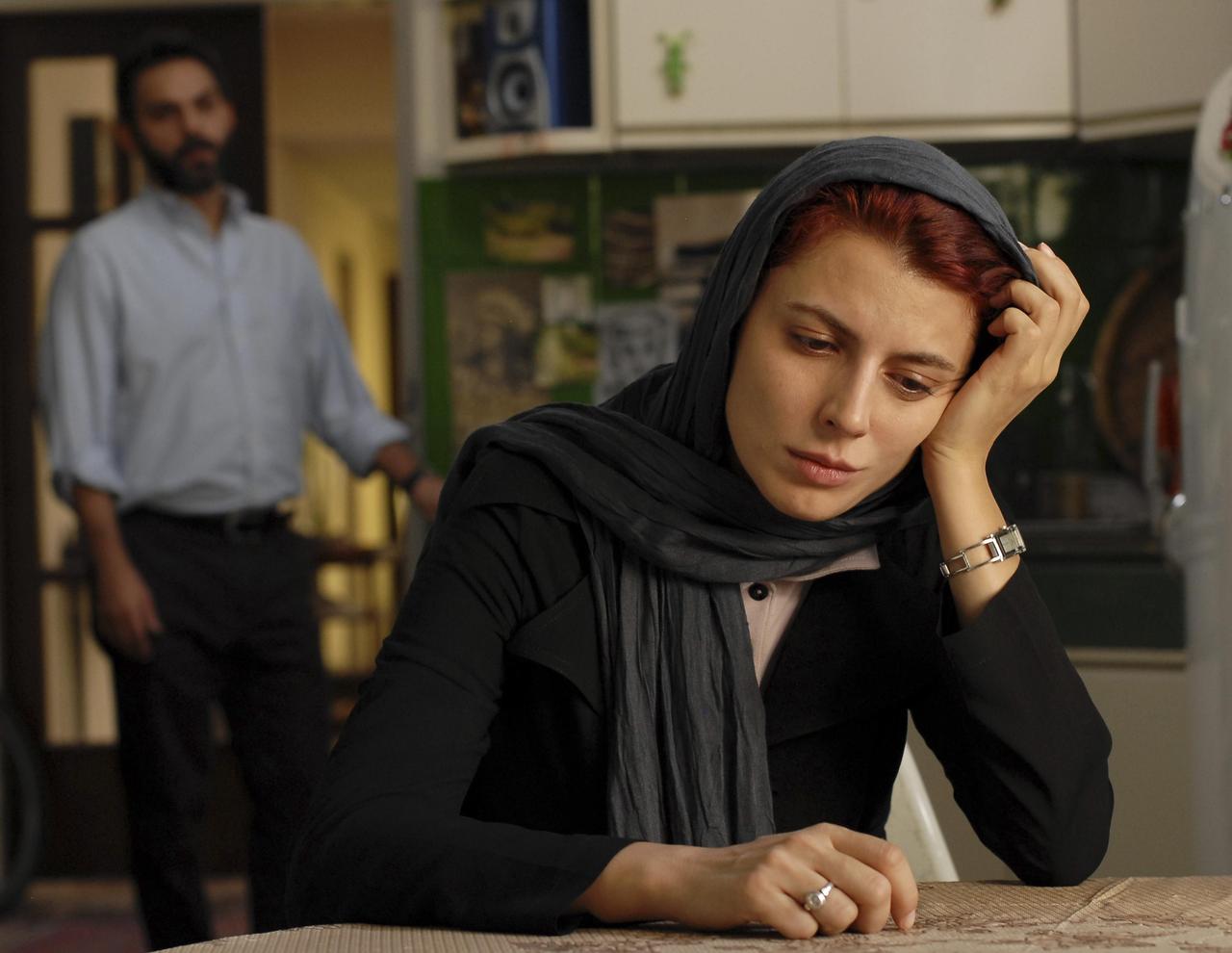
What it’s about: The film follows a family in Iran forced with the ultimatum of moving countries to provide a better life for their child or to stay and care for the husband’s father as he battles Alzheimer’s as it causes a rift between them.
What makes it great: A Separation creates one of the most intense ultimatums in film as neither side is in the wrong leaving the viewer to side with which issue is of more importance. A second issue arises as Razieh, the woman Nader, the husband, hires to care for his father, leaves him tied to the bed so as to not escape.
Nader comes home to find his father and assumes he’s dead as he’s not moving. This leads to an argument between Nader and Razieh in which he pushes her as she falls onto the stairs causing her miscarry her child. She then states that Nader knew she was pregnant and intentionally caused her to miscarry.
16. The Social Network (2010)
Written by Aaron Sorkin
Adapted from the book “The Accidental Billionaires” by Ben Mezrich
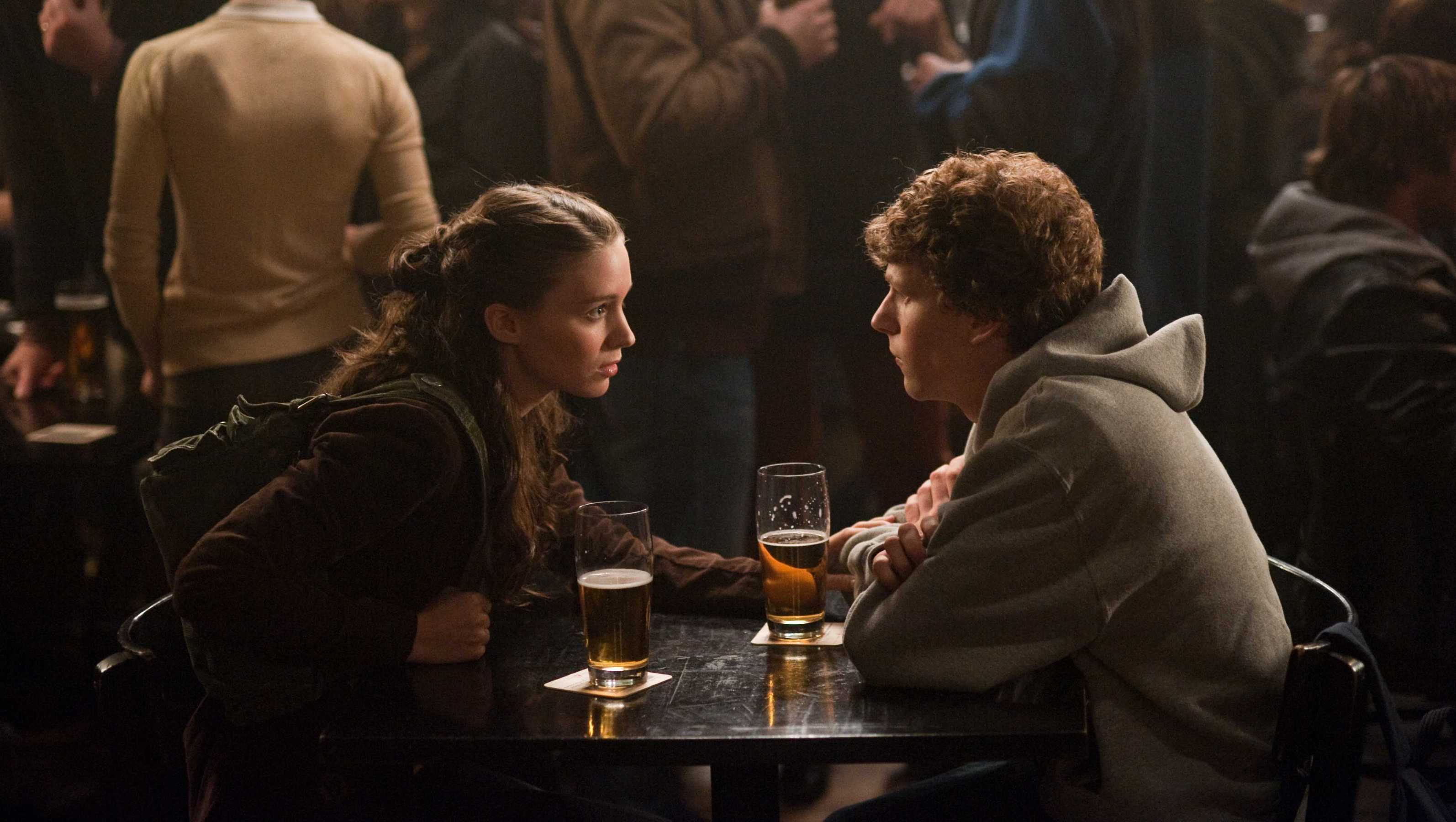
What it’s about: The Social Network tells the story of Facebook founder, Mark Zuckerberg, as he deals with the legality of intellectual property as those around him battle him in the courts.
What makes it great: Dialogue. Master writer Aaron Sorkin does what he does best as he adapts reality into a film through the use of realistic dialogue that helps to develop the characters and create understanding for the audience. With such lengthy and comprehensive dialogue the screenplay is somewhere around 160 pages while the film itself lasts only two hours.
15. Children of Men (2006)
Written by Alfonso Cuarón, Timothy J. Sexton, Arata, Fergus, Ostby
Adapted from the novel by P.D. James
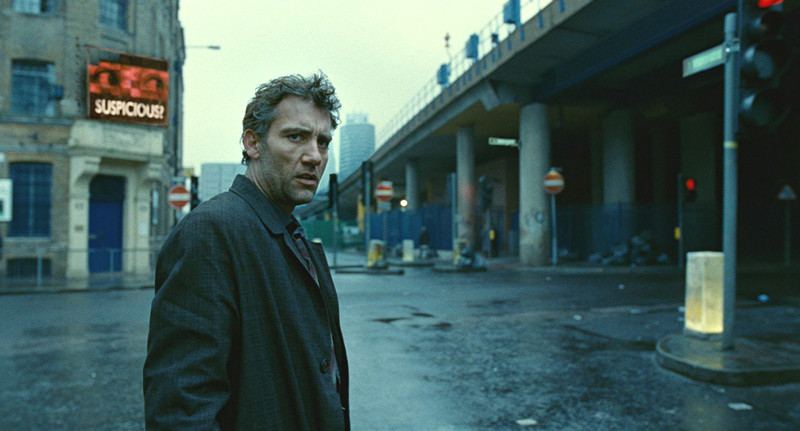
What it’s about: In the year 2009 mankind finds that they are no longer able to reproduce, the world starts to fall around them as in 2027, the year the film takes place, the only country still standing is Britain as others try to immigrate there.
What’s great about it: The film tells a story that was not only relevant in 2006 upon its release but something that remains relevant today in 2017 with the view of immigrants. The film uses biblical reference as well as reference, however more visually, to post 9/11 American involvement in the middle east. The use of biblical references help to provide a pro-immigrant view, such as Kee representing the virgin Mary.
14. Pan’s Labyrinth (2006)
Written by Guillermo Del Toro
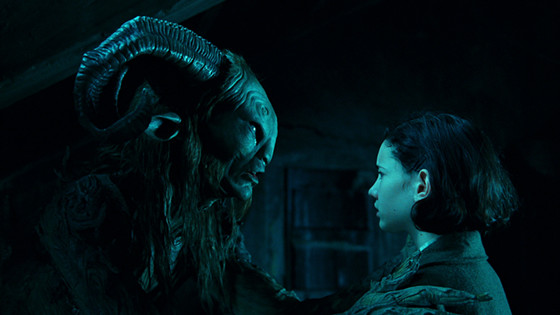
What it’s about: Pan’s Labyrinth takes place during falangist Spain in the 1940’s as the revolution starts. The new stepdaughter of the army captain finds herself in a fantasy world in which she’s the princess.
What makes it great: With films such as Birdman or (The Unexpected Virtue of Ignorance) portraying magical realism, Pan’s Labyrinth goes an alternative route with contrasting fantasy and realism whereas the former alters what our conception of reality is and the latter creates a distinction between the two.
Each side of the story creates something fascinating on its own as the realistic portion provides the depiction of the brutality of a fascist army while the fantasy portion provides a beautiful tale of escapism as the faun sends Ofelia on her quest.
13. Adaptation (2002)
Written by Charlie Kaufman
Adapted from the novel “The Orchid Thief” by Susan Orlean
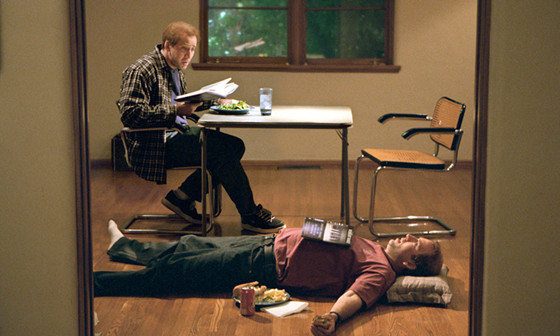
What it’s about: Adaptation follows screenwriter Charlie Kaufman as he’s asked to adapt the novel The Orchid Thief by Susan Orlean. He encounters issues within adapting the novel and within himself.
What makes it great: The film illustrates the writing process in film through the meta commentary of the writer’s block and more importantly through the use of the character Donald Kaufman.
In the film, Donald highlights the conflict within the writer as they choose whether to create something “entertaining” or “artistic”. This is shown again as Kaufman says towards the beginning of the film that he wants to stay true to the book and not make it some blockbuster-like film with drugs and action yet at the end of the film that’s exactly what it becomes.
12. Holy Motors (2012)
Written by Leos Carax
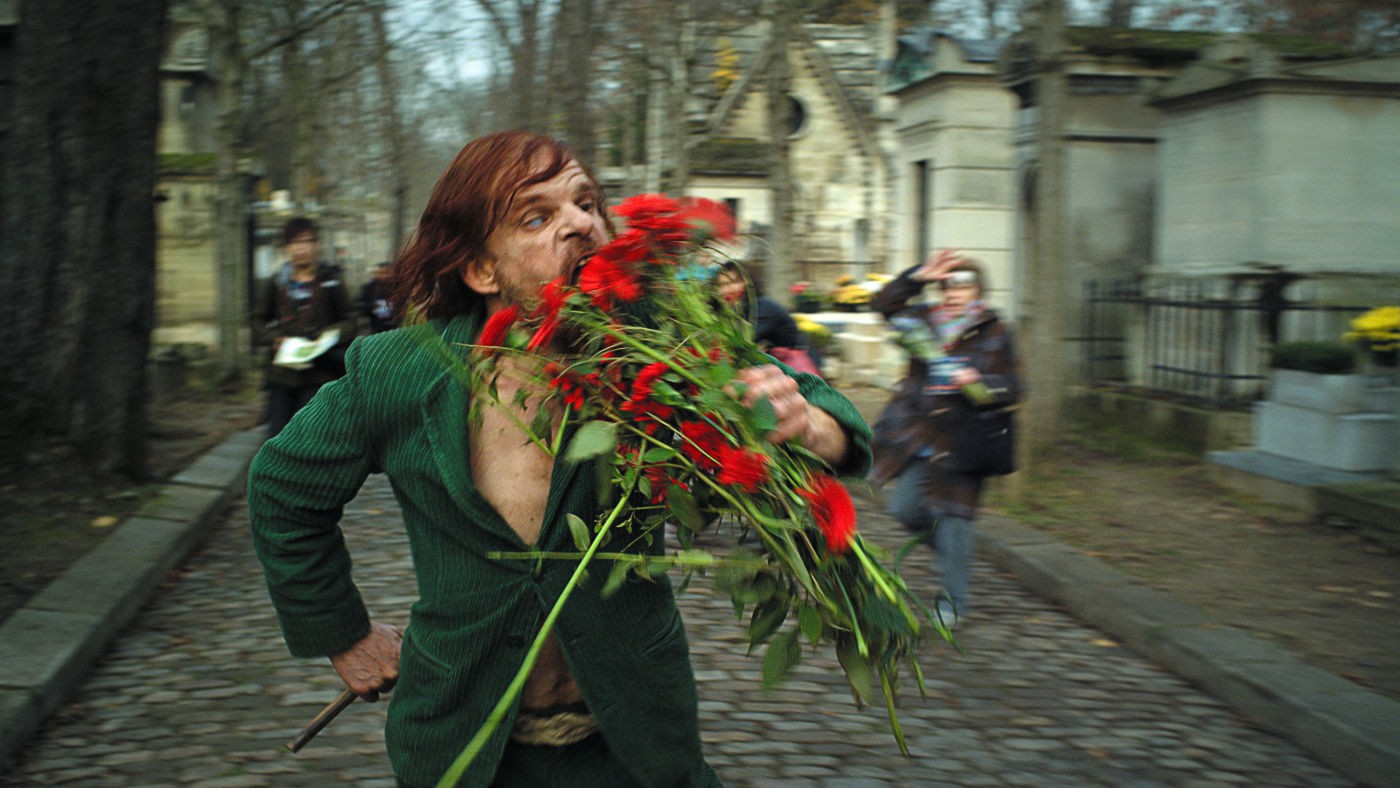
What it’s about: A few hours in the life of actor Monsieur Oscar as he performs several roles across several genres as he deals with the internal conflict of his acting career.
What makes it great: The use of existentialism through cinema and cinema through existentialism. As director Leos Carax says about the film, “The film speaks the language of cinema, but it’s not a film about cinema.”
The film is able to speak through this language giving us metaphorical examples of existentialism and to an extent, nihilism, shown in the conversation with L’Homme à la tache de vin (the man with the wine spot) as M. Oscar says that he no longer can act as the cameras have been getting smaller and smaller and now are invisible.
This is resembling the loss of factors in life which “give us our essence” whether it may be God, parents, or whoever as existentialist philosophy states that you define your existence. Similarly, L’Homme à la tache de vin resembles somewhat of a nihilistic world view as opposed to Céline who resembles the existentialism of Camus, who just like his work The Myth of Sisyphus, states we have to get up each day to continue going.
11. The Master (2012)
Written by Paul Thomas Anderson
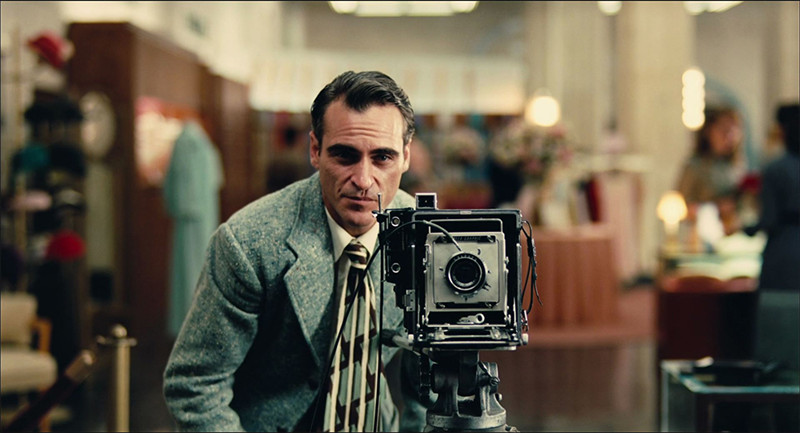
What it’s about: Freddie Quell, a veteran who struggles to find a place for himself in the world, drunkenly finds himself on the boat of the charismatic Lancaster Dodd. Dodd is soon revealed to be the leader behind The Cause, a cult that believes you are able to connect to your past life.
What makes it great: The use of the Freudian trio of the id, the ego, and the superego. This is something that’s been done by numerous films. However, Paul Thomas Anderson truly perfects the incorporation of the theory into film through a somewhat evolutionary, Kubrickian way.
The id, according to Freud, is the primitive aspect of psyche that’s responsible for things such as sexuality and aggression and is represented by Freddie. The ego is the manipulation of the id through the outside world and is represented by Dodd. The superego is the control of the id through conscience and societal morals and is represented by Peggy Dodd.
The dynamic of the three is shown through the cult and the personalities of the three characters as Freddie is an almost primitive man who is subjected to the master, Lancaster Dodd, who we find to be more like Freddie than one would think but he, in turn, is subjected to his own master, his wife, Peggy Dodd.